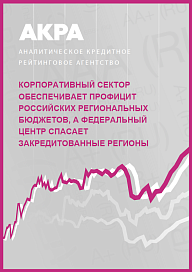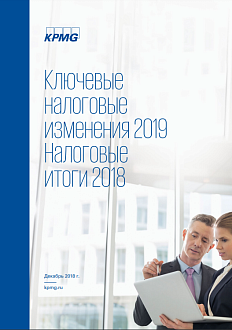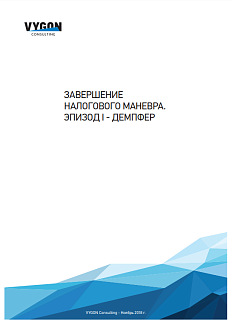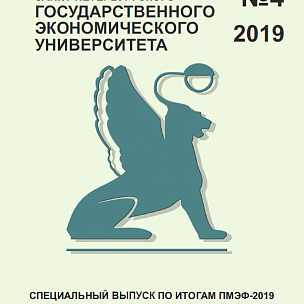Growing regional revenues resulted in more surplus budgets. 45 regions finished the year of 2017 with a surplus. Corporate income tax contributed one third of budget revenue growth. Total regional revenues increased by 9% or RUB 775 billion. Income tax contributed one third of revenue growth.
.png)
Capped deductible losses have driven up corporate income tax. Corporate income tax revenues to the regional budgets grew irrespective of a change in corporate income tax distribution shares between federal and regional budgets. The reason is a temporary restriction on the ability of taxpayers to reduce their tax bases by the amount of previous losses, which will remain effective until 2020. Total debt of the Russian regions has decreased for the first time ever recording a 2% decline year-on-year, or RUB 37.8 billion. Its structure has also changed: the amount of bank loans contracted by RUB 141.6 billion or 18% with concurrent bond offerings being increased by RUB 91 billion (+20%). The total bond debt of the regions reached RUB 547 billion representing an all-time record (since 2005), while many first-time issuers tapped the bond market. The federal center provided aid to some over-indebted regions. In 2017, many regions with heavy debt load (Mordovia, Khakassia, Kostroma and Ivanovo Regions) managed to secure substantial fiscal loans.
.png)
Regions might continue breaching their agreements with the Ministry of Finance. Some regions increased their debt more than their fiscal loan agreements with the Ministry of Finance allowed. As fiscal loan restructuring is subject to performance of agreements that were in force in 2017, such regions stand for early repayment of newly restructured loans.






